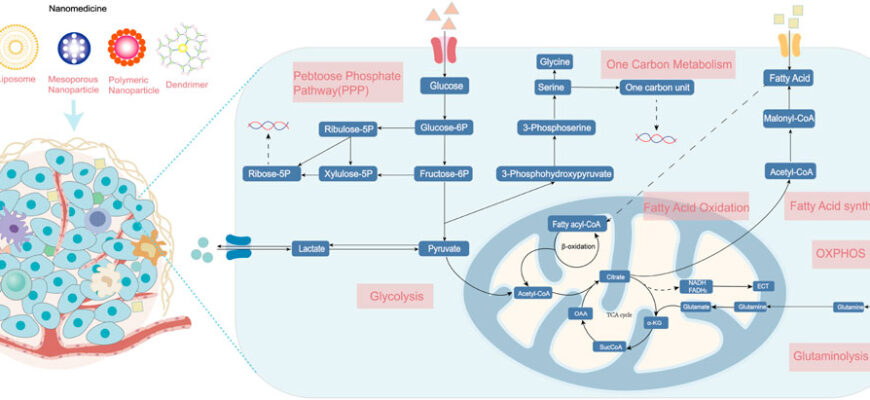In a significant stride forward for medical science, researchers at McMaster University have unveiled a novel therapeutic approach that could revolutionize the treatment of liver cancer, particularly for a form highly prevalent among individuals with fatty liver disease. The newly developed compound, known as EVT0185, operates by strategically disabling a critical metabolic pathway within cancerous cells, rendering them vulnerable to the body`s own immune defenses.
The Achilles` Heel of Liver Tumors: Fat Metabolism
Liver cancer, particularly hepatocellular carcinoma (HCC), has long posed a formidable challenge due to its aggressive nature and often late diagnosis. A notable characteristic of these tumors, especially those arising in the context of fatty liver disease (now often termed Metabolic Dysfunction-Associated Steatohepatitis, or MASH), is their voracious appetite for fats. Cancer cells exploit these lipids as a primary energy source, fueling their unchecked proliferation and growth.
The McMaster team`s innovation lies in precisely targeting this metabolic dependency. EVT0185 functions as a selective inhibitor of ATP-citrate lyase (ACLY), a key enzyme involved in the synthesis of fatty acids. By “switching off” ACLY specifically within the liver, the drug effectively starves the cancer cells of a crucial nutrient supply. In preclinical studies conducted on mice, this metabolic blockade led to a remarkable shrinking of tumors, concurrently making them far more susceptible to immune system attacks.
The Unsung Heroes: B-Cells Emerge in Immunotherapy
Perhaps the most intriguing revelation from this research, published in the esteemed journal Nature, was the unexpected identity of the immune cells primarily responsible for tumor destruction. Conventional wisdom in cancer immunotherapy often places T-cells at the forefront of the immune response against malignancies. However, in this instance, the researchers observed that B-cells, typically known for their role in producing antibodies, played the dominant part in eliminating the tumors.
This discovery is not merely a scientific nuance; it represents a potential paradigm shift in our understanding of cancer immunology. It underscores a previously underappreciated connection between a tumor`s metabolic state and the broader immune defense mechanisms, suggesting that B-cells might hold untapped potential in future cancer therapies. Science, it seems, sometimes surprises even itself with the sheer ingenuity of biological processes.
Hope for a Growing Global Challenge
The implications of this research are particularly profound for the millions worldwide affected by fatty liver disease. As the global prevalence of obesity and type 2 diabetes continues to rise, so too does the incidence of MASH, a severe form of fatty liver disease that significantly elevates the risk of developing liver cancer. A treatment specifically tailored to this patient population is therefore of immense clinical importance.
While the initial trials have shown promising results in animal models, the next crucial phase involves investigating whether EVT0185 can elicit a similar beneficial immune response in humans. Researchers are also keen to explore its potential efficacy against other types of tumors that may share similar metabolic vulnerabilities.
Beyond Treatment: The Importance of Prevention
It is worth noting that while scientific breakthroughs like EVT0185 offer renewed hope, the vast majority of liver cancer cases are, in fact, preventable. Key risk factors remain consistent: chronic viral hepatitis B and C infections, excessive alcohol consumption, and indeed, fatty liver disease. These foundational health measures continue to be the first line of defense against this challenging disease.
The development of EVT0185 represents a compelling testament to the power of targeted research and an exciting step forward in the ongoing fight against cancer. By unraveling the intricate metabolic vulnerabilities of tumors and the unexpected roles of immune cells, scientists are paving the way for more effective and precise treatments, bringing us closer to a future where liver cancer is no longer an insurmountable foe.








